
Piantini: The Pulsing Heart of Santo Domingo
Located in the vibrant city of Santo Domingo, Piantini stands as a beacon of modernity and sophistication. This upscale neighborhood is a hub for both business and leisure, offering a perfect blend of commercial centers, fine dining, and cultural experiences. Its tree-lined streets are dotted with high-rise buildings, luxury hotels, and some of the best shopping malls in the city, making it a popular destination for tourists seeking a touch of elegance. Piantini is renowned for its culinary scene, featuring a diverse selection of international and local cuisines. Visitors can enjoy gourmet meals at high-end restaurants or savor traditional Dominican dishes at cozy eateries. The nightlife here is equally enticing, with chic bars and lounges that promise an evening of entertainment and relaxation. Cultural enthusiasts will appreciate Piantini's proximity to museums, art galleries, and theaters, offering a glimpse into the rich heritage of the Dominican Republic. The neighborhood's central location also makes it an ideal base for exploring the rest of Santo Domingo, with many historical landmarks and attractions just a short drive away.
Local tips in Piantini
- Visit during weekdays to avoid the weekend crowd at malls and restaurants.
- Dress smart-casual to blend in with the trendy locals.
- Use ride-sharing apps for convenient and safe transportation around the neighborhood.
- Make reservations in advance for popular restaurants and nightlife spots.
- Explore nearby attractions like the National Museum of History and Geography for a cultural experience.
Piantini: The Pulsing Heart of Santo Domingo
Located in the vibrant city of Santo Domingo, Piantini stands as a beacon of modernity and sophistication. This upscale neighborhood is a hub for both business and leisure, offering a perfect blend of commercial centers, fine dining, and cultural experiences. Its tree-lined streets are dotted with high-rise buildings, luxury hotels, and some of the best shopping malls in the city, making it a popular destination for tourists seeking a touch of elegance. Piantini is renowned for its culinary scene, featuring a diverse selection of international and local cuisines. Visitors can enjoy gourmet meals at high-end restaurants or savor traditional Dominican dishes at cozy eateries. The nightlife here is equally enticing, with chic bars and lounges that promise an evening of entertainment and relaxation. Cultural enthusiasts will appreciate Piantini's proximity to museums, art galleries, and theaters, offering a glimpse into the rich heritage of the Dominican Republic. The neighborhood's central location also makes it an ideal base for exploring the rest of Santo Domingo, with many historical landmarks and attractions just a short drive away.
Iconic landmarks you can’t miss
Columbus Park
Experience the historical charm of Columbus Park, the heart of Santo Domingo's rich cultural heritage and a serene escape for tourists.
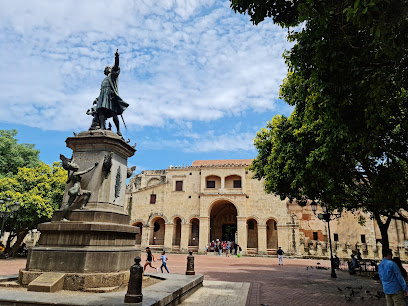
Plaza de la Hispanidad or Spain
Explore Plaza de la Hispanidad: A Cultural Jewel in the Heart of Santo Domingo, Rich in History and Natural Beauty.
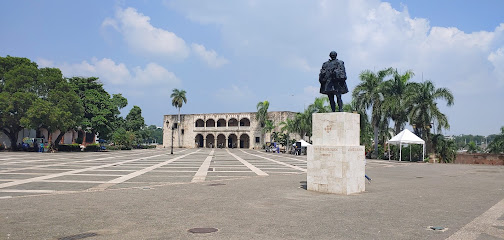
Plaza de la Bandera Republica Dominicana
Explore the pride of the Dominican Republic at Plaza de la Bandera, a historical landmark in Santo Domingo rich in culture and beauty.
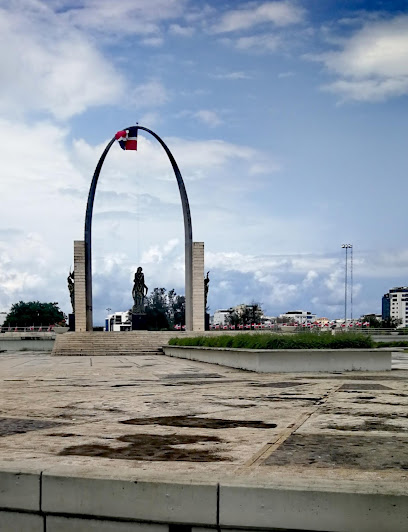
Fortaleza Ozama
Discover the architectural marvel of Fortaleza Ozama, the oldest fortress in the Americas, rich in history and breathtaking views in Santo Domingo.
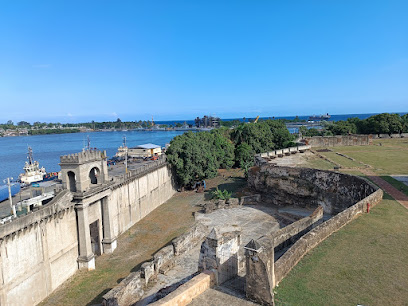
Plaza De La Cultura
Immerse yourself in the heart of Santo Domingo's cultural scene at Plaza De La Cultura, where art and history come alive.
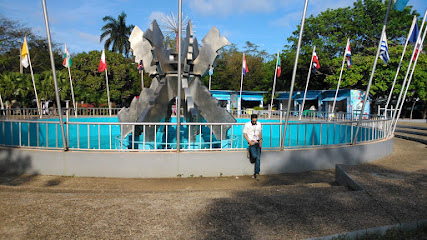
Scream Land
Discover Scream Land in Santo Domingo, a thrilling amusement park with rides and attractions for all ages, perfect for an unforgettable day of fun.
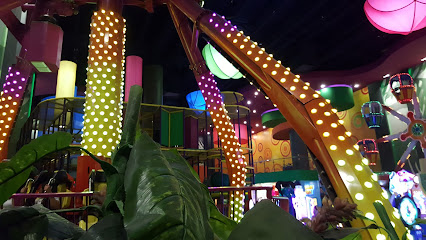
Monument to Friar Antonio of Montesino
Explore the rich history of the Dominican Republic at the Monument to Friar Antonio of Montesino, a significant historical landmark in Santo Domingo's Colonial Zone.
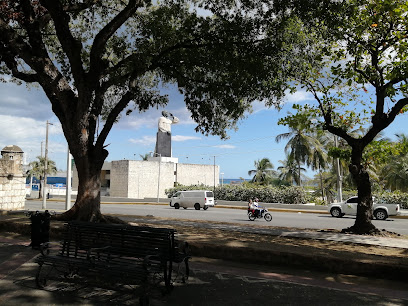
Espacio 401
Discover Espacio 401, Santo Domingo's premier event venue, blending modern elegance and versatility for unforgettable gatherings.
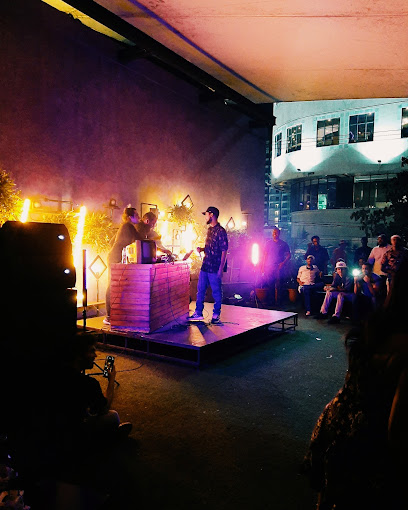
Fuerte de San Lázaro
Explore Fuerte de San Lázaro, a historic monument in Santo Domingo's Colonial Zone, revealing the rich heritage of the Dominican Republic.
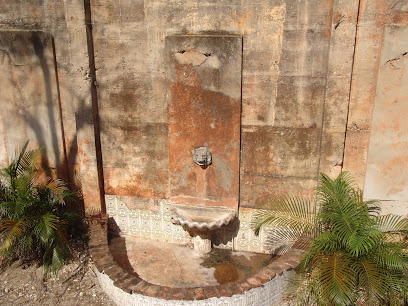
Zona colonial
Discover the enchanting Zona Colonial in Santo Domingo, a UNESCO World Heritage site filled with rich history, stunning architecture, and vibrant culture.
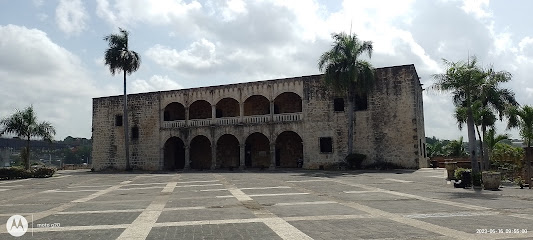
Santo Domingo Columbus Park
Explore the historical significance of Columbus Park in Santo Domingo, where history and culture come alive amidst lush greenery and vibrant local life.
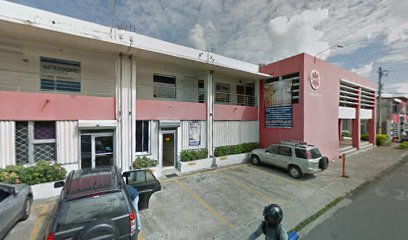
Saint Domingue
Discover the cultural richness of Saint Domingue, a historical landmark in Santo Domingo, steeped in stories and architectural beauty.
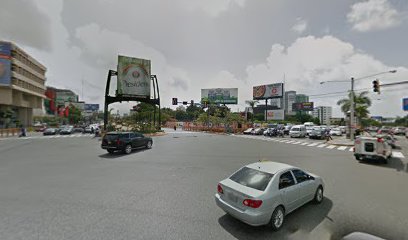
Places Editors | Dominican Republic
Explore the vibrant culture of Santo Domingo at Places Editors, a unique tourist attraction that connects locals and visitors through art and community events.

Unmissable attractions to see
Plaza Manolo Tavárez Justo
Explore Plaza Manolo Tavárez Justo, a vibrant hub of culture and relaxation in the heart of Santo Domingo, rich in history and local charm.
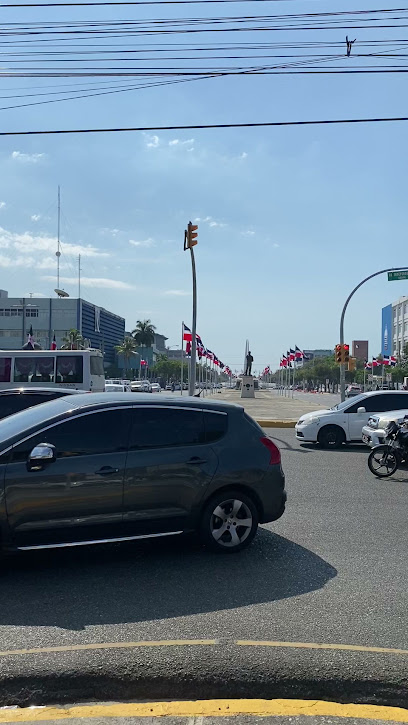
Places Editors | Dominican Republic
Explore the historic streets of Santo Domingo, where vibrant culture meets rich history in the heart of the Dominican Republic.

Essential places to dine
Laurel
Experience exquisite Latin American cuisine at Laurel, Santo Domingo's premier restaurant offering unforgettable flavors and vibrant ambiance.
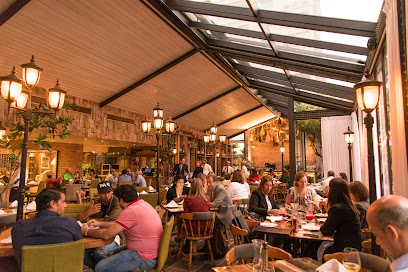
La Dolcerie
Experience exquisite dining at La Dolcerie in Santo Domingo—where culinary artistry meets vibrant ambiance.
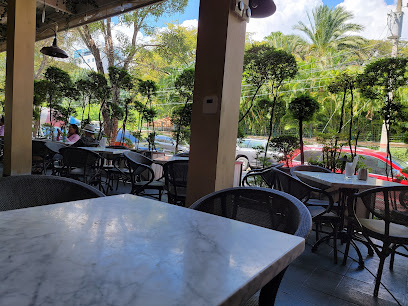
Don Pepe
Discover Don Pepe in Santo Domingo - where authentic Dominican flavors meet elegant dining in a vibrant atmosphere.
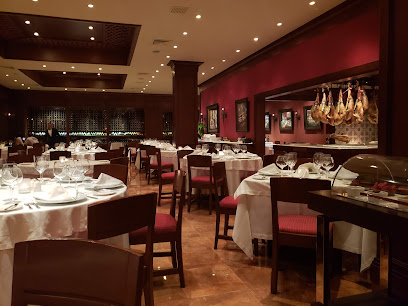
La Locanda - Piantini
Discover authentic Italian cuisine at La Locanda in Santo Domingo's vibrant Piantini neighborhood – where every dish tells a story.
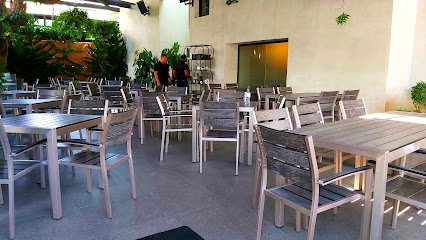
Loretta Café Bistro
Discover the perfect blend of local flavors and international cuisine at Loretta Café Bistro in Santo Domingo.
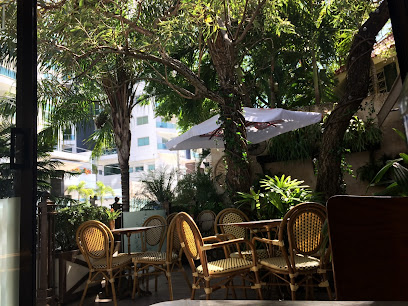
Julieta Brasserie
Experience the culinary charm of Santo Domingo at Julieta Brasserie - where local flavors meet international cuisine in an elegant setting.
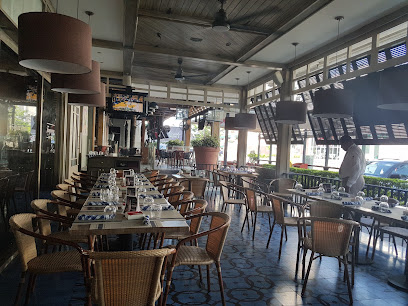
Samurai
Indulge in authentic Japanese flavors at Samurai, Santo Domingo's premier destination for exquisite sushi and traditional cuisine.
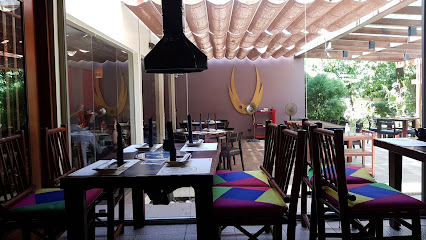
La Tapa
Discover exquisite tapas and authentic Dominican flavors at La Tapa in Santo Domingo's lively Piantini district.
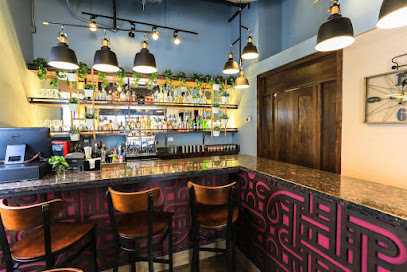
LILA - Modern Cuisine
Discover exquisite modern Asian cuisine at LILA in Santo Domingo's vibrant Piantini district - where every dish is a culinary masterpiece.
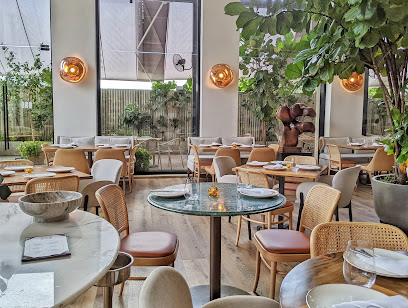
Piano Wine Dine Music
Discover exquisite cuisine paired with live music at Piano Wine Dine Music in Santo Domingo's vibrant Piantini neighborhood.
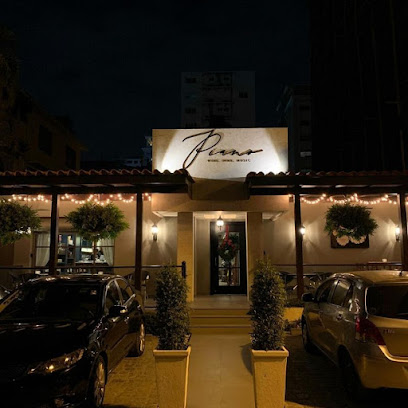
Markets, malls and hidden boutiques
MIT ME BOUTIQUE
Explore the chic and stylish MIT ME BOUTIQUE in Santo Domingo, where local artistry meets modern fashion for an unforgettable shopping experience.

The Gift Shop by Matty
Discover unique gifts and American groceries at The Gift Shop by Matty, a treasure trove in Santo Domingo, perfect for tourists and locals alike.
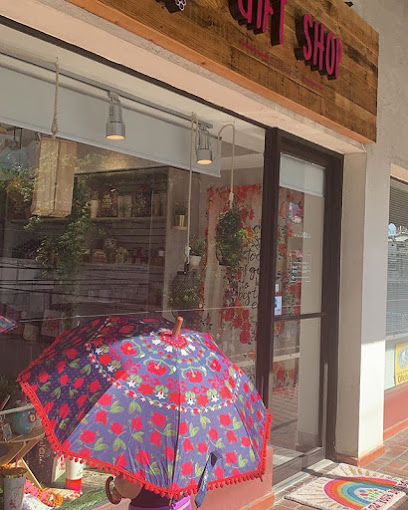
Cartier Dominican Republic
Explore the elegance of Cartier Dominican Republic, where luxury jewelry and accessories meet timeless sophistication in Santo Domingo.
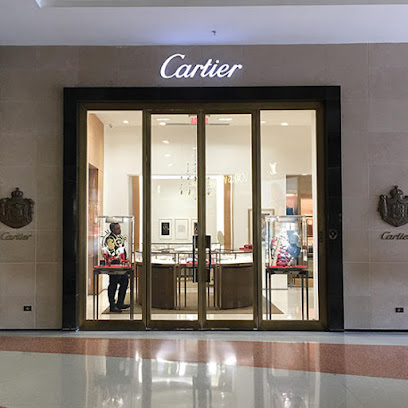
Indulge Boutique
Explore the elegance of Indulge Boutique, your go-to destination for unique clothing and stylish accessories in Santo Domingo.

DAVIRELLA THE BOUTIQUE
Experience the vibrant fashion scene at Davirella The Boutique in Santo Domingo, where local artistry meets contemporary style.

Tapiruj Boutique
Discover unique fashion treasures at Tapiruj Boutique in Santo Domingo's Blue Mall, merging local culture with modern style.
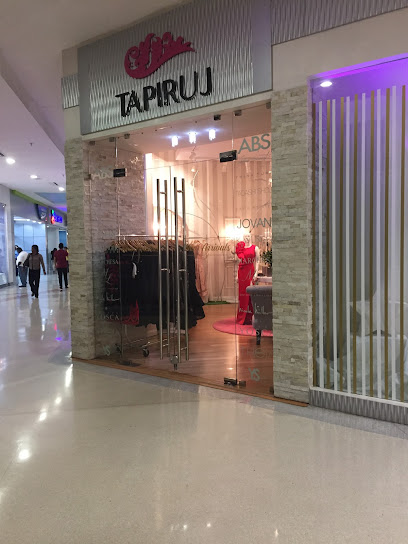
Abrash Store
Discover the charm of Dominican craftsmanship at Abrash Store, your go-to boutique for unique souvenirs in Santo Domingo.
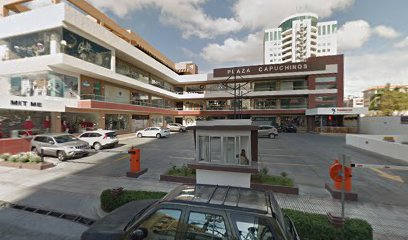
Rocros Boutique
Explore Rocros Boutique in Santo Domingo for a unique shopping experience featuring trendy clothing and local fashion at its finest.
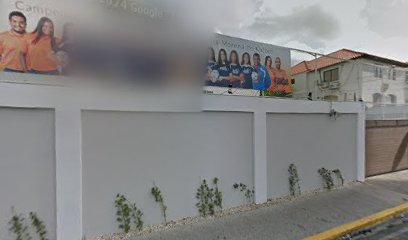
The London Boutique
Explore The London Boutique in Santo Domingo for an exquisite selection of fashion and beauty that redefines your shopping experience.

Arielle Boutique
Experience the elegance of Santo Domingo at Arielle Boutique, your go-to destination for unique fashion and accessories.

Essential bars & hidden hideouts
La Posta Bar
Experience the vibrant nightlife at La Posta Bar in Santo Domingo, where signature cocktails and live entertainment create unforgettable evenings.
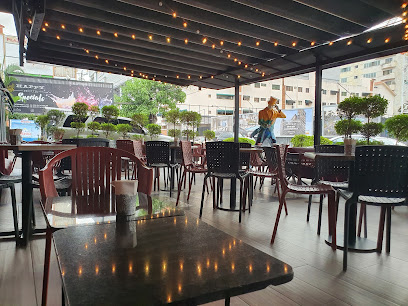
The Irish Pub
Discover the spirit of Ireland in Santo Domingo at The Irish Pub, featuring lively music, traditional dishes, and a great selection of drinks.
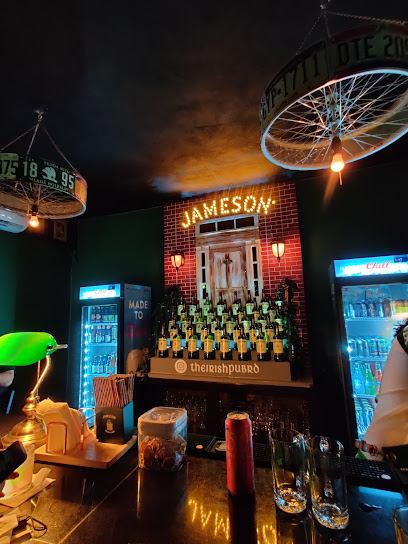
Maruja Bar & Food & Coffee
Experience the vibrant flavors and lively atmosphere of Maruja Bar & Food & Coffee in Santo Domingo - a culinary gem for food lovers and night owls.
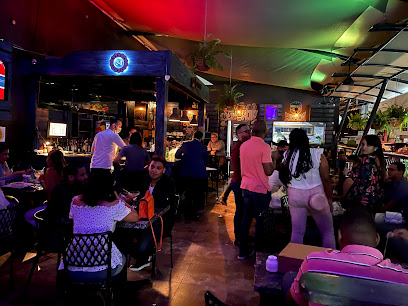
Dock Lounge Terrace
Experience the vibrant nightlife of Santo Domingo at Dock Lounge Terrace, where stunning views and exquisite cocktails await.
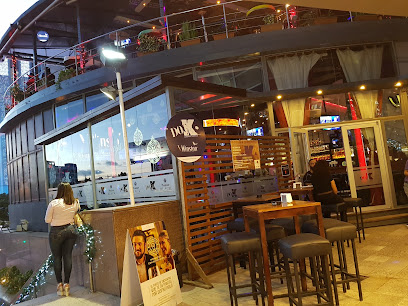
Linconazo
Experience the vibrant nightlife at Linconazo, a lively bar in Santo Domingo offering diverse drinks and a welcoming atmosphere for all.
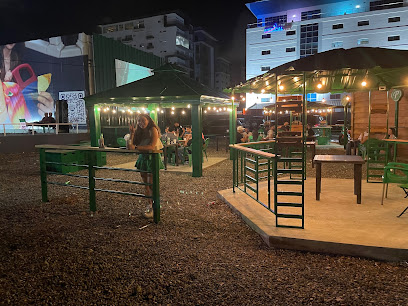
Pa’los Bar y Tapas
Discover the lively ambiance and delicious tapas at Pa’los Bar y Tapas in Santo Domingo, a perfect spot for socializing and enjoying local flavors.
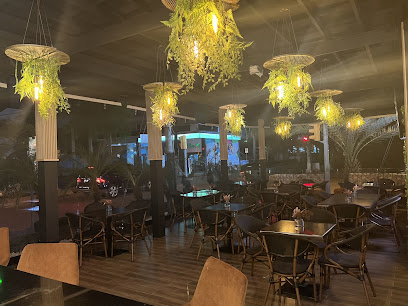
Beer Market Acrópolis
Experience the lively ambiance and diverse beer selection at Beer Market Acrópolis, a top spot for nightlife in Santo Domingo.
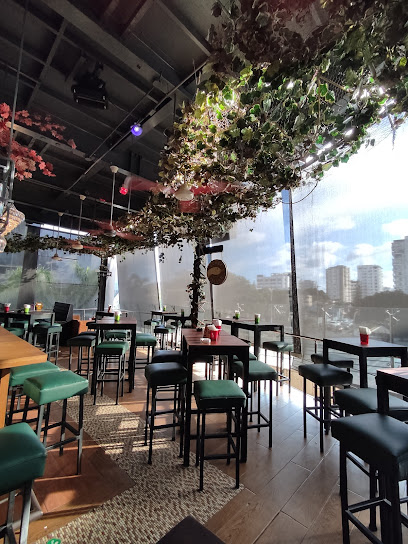
Mantra Bar
Discover the energetic vibe of Mantra Bar in Santo Domingo, where lively music, delightful drinks, and a vibrant crowd create unforgettable nightlife experiences.
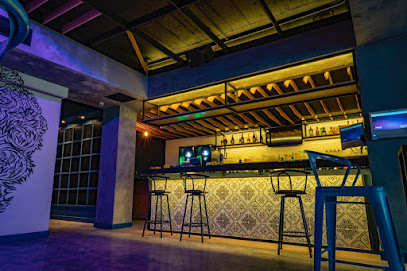
Q Tasting Bar
Discover the vibrant tapas culture at Q Tasting Bar in Santo Domingo, where every bite is a delightful journey through flavors.
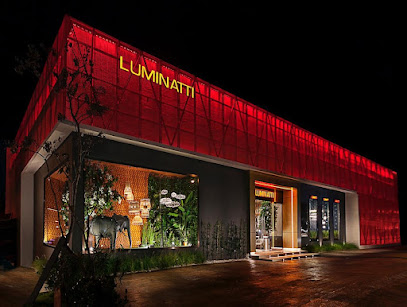
Vertygo 101 - Lounge and Bar
Discover the vibrant ambiance and stunning views at Vertygo 101 - Lounge and Bar, Santo Domingo's premier destination for cocktails and culinary delights.
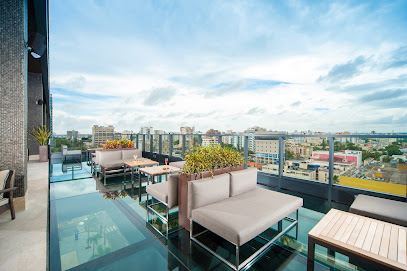
Local Phrases
-
- HelloHola
[oh-lah] - GoodbyeAdiós
[ah-dyohs] - YesSí
[see] - NoNo
[noh] - Please/You're welcomePor favor/De nada
[por fah-vohr/de nah-dah] - Thank youGracias
[grah-syahs] - Excuse me/SorryPerdón/Lo siento
[pehr-dohn/loh see-ehn-toh] - How are you?¿Cómo estás?
[koh-moh ehs-tahs] - Fine. And you?Bien. ¿Y tú?
[byen. ee too] - Do you speak English?¿Hablas inglés?
[ah-blahs een-glehs] - I don't understandNo entiendo
[noh ehn-tyen-doh]
- HelloHola
-
- I'd like to see the menu, pleaseMe gustaría ver el menú, por favor
[meh goos-tah-ree-ah behr ehl meh-noo, pohr fah-vohr] - I don't eat meatNo como carne
[noh koh-moh kahr-neh] - Cheers!¡Salud!
[sah-lood] - I would like to pay, pleaseMe gustaría pagar, por favor
[meh goos-tah-ree-ah pah-gahr, pohr fah-vohr]
- I'd like to see the menu, pleaseMe gustaría ver el menú, por favor
-
- Help!¡Ayuda!
[ah-yoo-dah] - Go away!¡Vete!
[veh-teh] - Call the Police!¡Llama a la Policía!
[yah-mah ah lah poh-lee-see-ah] - Call a doctor!¡Llama a un doctor!
[yah-mah ah oon dohk-tohr] - I'm lostEstoy perdido
[ehs-toy pehr-dee-doh] - I'm illEstoy enfermo
[ehs-toy ehn-fehr-moh]
- Help!¡Ayuda!
-
- I'd like to buy...Me gustaría comprar...
[meh goos-tah-ree-ah kohm-prahr] - I'm just lookingSolo estoy mirando
[soh-loh ehs-toy meer-ahn-doh] - How much is it?¿Cuánto cuesta?
[kwan-toh kwehs-tah] - That's too expensiveEso es demasiado caro
[eh-soh ehs deh-mah-syah-doh kah-roh] - Can you lower the price?¿Puedes bajar el precio?
[pweh-dehs bah-hahr ehl pree-syoh]
- I'd like to buy...Me gustaría comprar...
-
- What time is it?¿Qué hora es?
[keh oh-rah ehs] - It's one o'clockEs la una
[ehs lah oo-nah] - Half past (10)Media hora (10)
[meh-dyah oh-rah (diez)] - MorningMañana
[mah-nyah-nah] - AfternoonTarde
[tahr-deh] - EveningNoche
[noh-cheh] - YesterdayAyer
[ah-yehr] - TodayHoy
[oy] - TomorrowMañana
[mah-nyah-nah] - 1Uno
[oo-noh] - 2Dos
[dohs] - 3Tres
[trehs] - 4Cuatro
[kwah-troh] - 5Cinco
[seen-koh] - 6Seis
[sehs] - 7Siete
[syeh-teh] - 8Ocho
[oh-choh] - 9Nueve
[nweh-veh] - 10Diez
[dyehs]
- What time is it?¿Qué hora es?
-
- Where's a/the...?¿Dónde está el/la...?
[dohn-deh ehs-tah ehl/lah] - What's the address?¿Cuál es la dirección?
[kwahl ehs lah dee-rek-syohn] - Can you show me (on the map)?¿Puedes mostrarme (en el mapa)?
[pweh-dehs mohs-trahr-meh (ehn ehl mah-pah)] - When's the next (bus)?¿Cuándo es el próximo (autobús)?
[kwan-doh ehs ehl proh-ksy-moh (ow-toh-boos)] - A ticket (to ....)Un boleto (para ...)
[oon boh-leh-toh (pah-rah)]
- Where's a/the...?¿Dónde está el/la...?
History of Piantini
-
Santo Domingo, founded in 1496 by Bartholomew Columbus, is the oldest continuously inhabited European settlement in the Americas. Piantini emerged as a part of the city's expansion, reflecting the growth and urbanization of Santo Domingo through the centuries.
-
In the mid-20th century, Piantini transformed from a primarily residential area into a bustling urban hub. This shift was driven by economic growth and the influx of businesses, which attracted a diverse population, making it one of the most sought-after neighborhoods in Santo Domingo.
-
Piantini is known for its distinct blend of modern architecture and traditional Dominican elements. The neighborhood showcases a variety of styles, from luxury high-rise buildings to colonial-inspired homes, illustrating the cultural evolution of Santo Domingo as it integrates contemporary trends with its rich history.
-
The late 20th and early 21st centuries marked significant economic expansion for Piantini, with the establishment of numerous commercial centers, restaurants, and cultural venues. This urbanization reflects Santo Domingo's broader economic growth and its position as a key player in the Caribbean region.
-
Piantini has become a cultural melting pot, attracting residents and visitors from various backgrounds. The neighborhood hosts cultural events and festivals that celebrate Dominican heritage, contributing to the vibrant atmosphere that characterizes Santo Domingo today.
Piantini Essentials
-
Piantini is centrally located in Santo Domingo, making it accessible from various neighborhoods. From the Colonial Zone, you can take a taxi or an Uber, which is the most convenient option and usually takes around 15-20 minutes. Public transportation options include the Metro; take Line 1 to the 'Pio Lindo' station, followed by a short taxi ride. Buses are available but may be less comfortable and take longer due to stops.
-
Piantini is best explored on foot, as many attractions, restaurants, and cafes are within walking distance. For longer distances, taxis and Uber are widely available and affordable. Although the Metro does not directly service Piantini, nearby stations can be accessed for connections to other parts of the city. Bicycles can be rented from local shops, and some hotels offer bike rentals for guests.
-
Piantini is generally a safe neighborhood for tourists, but standard precautions should be observed. Avoid walking alone at night, particularly in less busy areas. While violent crime is rare, petty crimes like pickpocketing can occur, especially in crowded places. It’s advisable to stay alert in areas near parks and commercial zones after dark.
-
In case of an emergency, dial 911 for police, fire, or medical assistance. The main hospital in the area is the Hospital Plaza de la Salud, which is well-equipped. Always have travel insurance that covers emergencies. For non-urgent health needs, pharmacies are widely available and can provide over-the-counter medications.
-
Fashion: Do dress modestly when visiting religious sites or upscale venues. Avoid overly casual attire. Religion: Do respect local customs, especially during religious events. Public Transport: Do be courteous and offer seats to those in need. Don't use your phone loudly in public transport. Greetings: Do greet with a handshake; a friendly smile is appreciated. Eating & Drinking: Do try local dishes and enjoy meals at local restaurants. Don't eat or drink in public places where it’s frowned upon.
-
To experience Piantini like a local, visit the nearby parks such as Parque Iberoamericano for a leisurely stroll or a picnic. Engage with locals in cafes and ask for recommendations on hidden gems or local events. Explore the shopping areas, particularly along Avenida Winston Churchill, where you can find upscale boutiques and local artisan shops. Don’t hesitate to try street food; just ensure you choose busy stalls that appear clean and popular among locals.
Trending Landmarks in Piantini
Nearby Cities to Piantini
-
Things To Do in La Romana
-
Things To Do in Samana
-
Things To Do in Jarabacoa
-
Things To Do in Bayahibe
-
Things To Do in Punta Cana
-
Things To Do in Puerto Plata
-
Things To Do in Hinche
-
Things To Do in Petionville
-
Things To Do in Port-au-Prince
-
Things To Do in Jacmel
-
Things To Do in Cap-Haïtien
-
Things To Do in Rincon
-
Things To Do in Aguadilla
-
Things To Do in Cabo Rojo
-
Things To Do in Saint-Marc







